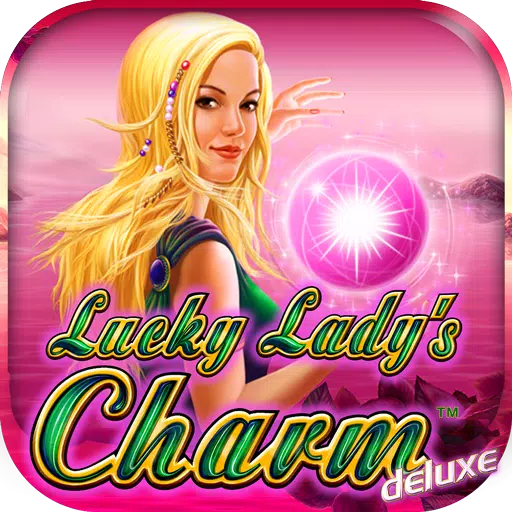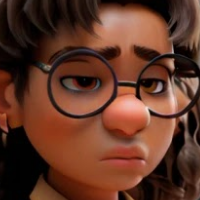by Michael May 16,2025
The Marvel Cinematic Universe (MCU) has revolutionized the entertainment industry with its interconnected web of films and TV shows, weaving a grand, continuous narrative. However, Marvel video games have not followed suit, each existing in its own separate universe. For instance, Insomniac's *Marvel's Spider-Man* series stands apart from Eidos-Montreal's *Marvel's Guardians of the Galaxy*. Similarly, upcoming titles like *Marvel 1943: Rise of Hydra*, *Marvel's Wolverine*, and *Marvel's Blade* are not linked to one another.
Yet, there was a time when Disney entertained the notion of creating a Marvel Gaming Universe (MGU) akin to the MCU. So, what led to the abandonment of this ambitious project?

On *The Fourth Curtain* podcast, host Alexander Seropian and guest Alex Irvine shed light on the MGU concept they once worked on and explained its eventual demise. Seropian, renowned for co-founding Bungie, the developer behind *Halo* and *Destiny*, later managed Disney's video game operations before departing in 2012. Irvine, a seasoned writer for Marvel games, contributed to *Marvel Rivals* with his expertise in world-building, dialogue, and character backstories.
Reflecting on his early days with Marvel games, Irvine reminisced about the MGU concept: “When I first started working on Marvel games, there was this idea that they were going to create a Marvel gaming universe that was going to exist in the same way that the MCU did. It never really happened.”
Seropian elaborated that the MGU was his initiative, proposed before the MCU's rise: “When I was at Disney, that was my initiative, ‘Hey, let’s tie these games together.’ It was pre-MCU. But it didn’t get funded.”
Irvine, who had experience with the acclaimed *Halo* alternate reality game *I Love Bees*, detailed how the MGU could have operated: “That was so frustrating because we came up with all these great ideas about how to do it. And I was coming out of ARGs at that point and thinking, ‘Wouldn’t it be cool if we had some ARG aspects?’ There would be a place where players could go that all the games touched, and we could move them back and forth from game to game. We could link in comics, we could loop in anything, we could do original stuff. And then, as Alex said, it didn’t get funded. So we made a bunch of games.”
The MGU's failure to gain internal support at Disney stemmed from its complexity. Irvine suggested that the intricacies of managing a cohesive universe across different media raised too many questions: “Even back then, we were trying to figure out, ‘If there’s going to be this MGU, how is it different from the comics? How is it different from the movies? How are we going to decide if it stays consistent?’ And I think some of those questions got complex enough that there were people at Disney who didn’t really want to deal with them.”
Imagining what could have been if the MGU had materialized is intriguing. Perhaps *Insomniac's Spider-Man* games would have shared a universe with Square Enix's *Marvel's Avengers* and *Marvel's Guardians of the Galaxy*, featuring cross-game cameos and culminating in a monumental event reminiscent of the MCU's *Endgame*.
Looking forward, questions linger about *Insomniac's Marvel's Wolverine*. Will it share the same universe as *Marvel's Spider-Man*? Could there be crossover appearances from *Spider-Man* or other characters?
Ultimately, the MGU remains a fascinating "what if" in the annals of video game history. Perhaps, in some alternate reality, it thrives as a testament to what might have been.
Mobile Legends: January 2025 Redeem Codes Released
Pokemon TCG Pocket: Paralyzed, Explained (& All Cards with ‘Paralyze’ Ability)
Android Action-Defense
Brutal Hack And Slash Platformer Blasphemous Is Coming To Mobile, Pre-Registration Now Live
Pokémon TCG Pocket Is Dropping a Trade Feature and Space-Time Smackdown Expansion Soon
Mythical Island Debuts in Pokemon TCG, Time Revealed
GWENT: Top 5 Decks for 2025 - Strategies Revealed
Marvel Rivals Showcases New Midtown Map

Labo Christmas Train Game:Kids
Download
Lucky Lady's Charm Deluxe Slot
Download
Vô Cực Đại Chiến
Download
Lunch with Ronan mod
Download
Diamond Deluxe Casino - Free Slot Machines
Download
Shopping Mall 3D Mod
Download
Priya’s Awakening
Download
Flight Pilot: 3D Simulator
Download
Flight Pilot: 3D Simulator
Download